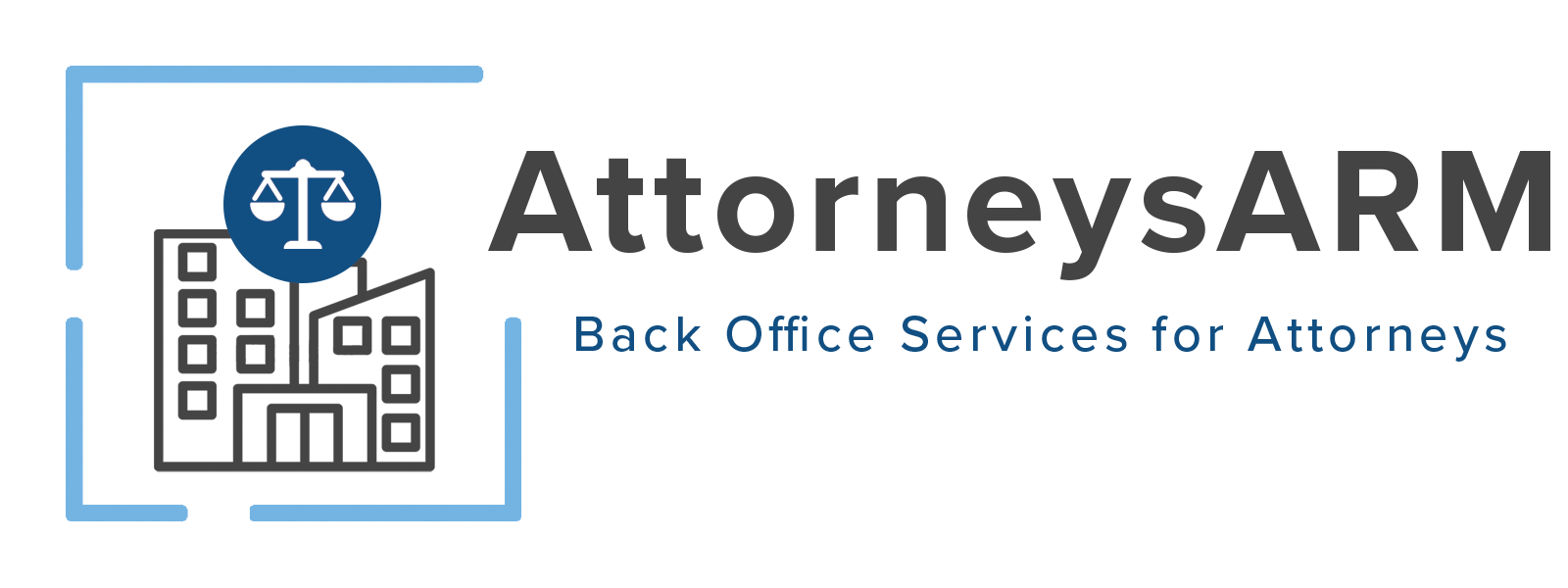Healthcare Accounts Receivable Management: Best Practices
As a healthcare provider, you have one of the most important jobs in the world: caring for the sick. It’s a noble calling. It’s not something that can everyone can do. Although you’re working in an area that you consider your life’s calling, you’re still looking to make a profit. However, it’s not as simple as just taking in money. That money has to be properly accounted for. In this article, you’re going to learn about some of the best practices for healthcare accounts receivable management.
Accounts Receivable Management Basics
Accounts receivable management is the process of what happens in your billing and what happens to the money that you receive. It all starts with your billing guidelines and eventually ends, if necessary, with how you will handle collecting on past due accounts.
However, healthcare providers have a specific concern: insurance billing. So, it’s important to note that when you’re working on your accounts receivable management guidelines, you need to also work in procedures on how you or your accounting department should work with the insurance companies.
It’s important that you keep an eye on your past due accounts because the older a medical bill becomes, the harder it is to collect on it. Additionally, more and more people are members of health plans with high deductibles. They may be placed into financial hardship when they discover how much they personally owe for their medical care.
Analyze Your Accounts Receivable
The first best practices tip is for you to take the time to analyze your accounts receivable. This means that you look at every practice that’s put in place and examine it thoroughly. You should also ensure that every procedure that’s put into place is something that is also put into writing. You should examine how you run your AR reports. This is another difference between healthcare and other industries. You should ensure that you run your reports in a way that separates out insurance and the patient. It’s really not just one single system. You should, in essence, be running two. This also means that you should have two sets of policies. For help analyzing your accounts receivable management, contact us. We provide a free, no-obligation process review!
Communication
It’s important that you have good communication with your patients about your AR. They should understand your billing, how and when they should pay, and who they should contact if they have questions. You should provide this information in writing that is easy to understand. Your front office employees should also know the policies and know how to explain them and be able to answer basic questions. These are the people that your clients interact with the most. They should be able to provide answers.
Insurance Verification
Insurance verification is one of the most important parts of your accounts receivable process. It’s just as important for you as a provider as it is for your patient. When insurance verification takes place in advance of any scheduled procedure or appointment, it protects your AR and your patient’s financial status. There are no surprises. If insurance cannot be verified, you know that you can protect your AR by speaking with the patient before the procedure. They can either come up with a way to pay in cash or they can work out any issues that may arise with their insurance company. Click here to learn how Clients A.R.M. can help your healthcare facility!
The Importance of Proper Coding
Proper coding of patient visits, tests, diagnoses, and treatments is an incredibly important part of the healthcare accounts receivable. Coding appropriately can help ensure that you document every billable aspect of your practice. This is particularly important if you’re a provider who works in multiple settings. As a healthcare provider, you may not be an expert in coding. So, it’s important that the person or people that you choose to help with your coding is an expert. Yet, you are the one who will ultimately be responsible for its accuracy. Make sure that you are making notes that document exactly what needs to be coded.
Proper coding is directly related to the accuracy of your accounts receivable. It helps determine when you will get paid if your patient has insurance. Since we know that the longer a medical bill goes unpaid, the harder it is to collect on it. Proper coding keeps aging to a minimum.
Collections
Did you know that medical bills are one of the biggest causes of bankruptcy in the United States? Medical bills are also one of the most common bills sent to collections. There are some things that you can do to make collecting easier. First, ask your front desk staff to always verify personal information for patients when they come in for an appointment. Having up to date information can make it easier to collect. If any information has changed, make it a standard that your staff should immediately change that information in the file. Next, consider what’s worth sending to collections and what’s not. Is it really worth your time, effort, or expense to try and collect on an unpaid visit fee for someone that’s recently passed away? Determine an amount of money that is worth collecting on. You need to take the cost of collecting into account for this.
Another way you can reduce the amount of delinquent accounts is to enforce that payments must be made at the time that services are rendered. This protects your bottom line and your patient’s credit. Come up with guidelines for your staff that includes calling to remind people of appointments the day before that also lets patients know (in a friendly way) that all payments are due at the time services are performed, and that lets them know if they have an outstanding balance. If a patient arrives for an appointment and refuses to pay, the patient should be allowed to speak with the billing manager in order to resolve the situation.
Hire a company that has experience with collecting on past due medical bills. It can be up to 40% cheaper to hire an outside agency wo perform your collections. It also enables your staff to focus more on the patients and their needs.
Learn More
Learn more about accounts receivable for your healthcare facility. Contact us today to book your free review or to get your questions answered!




